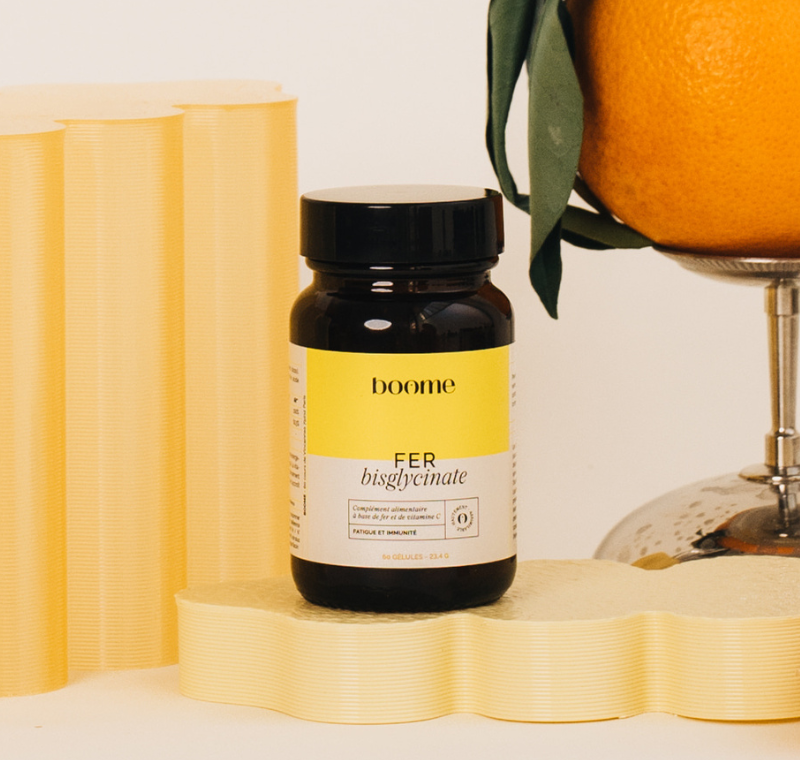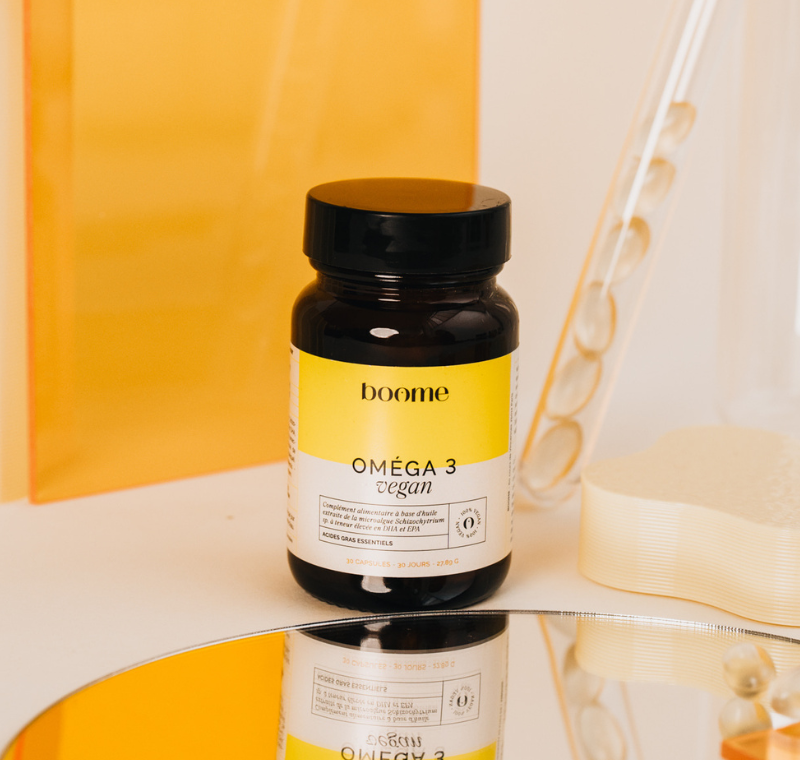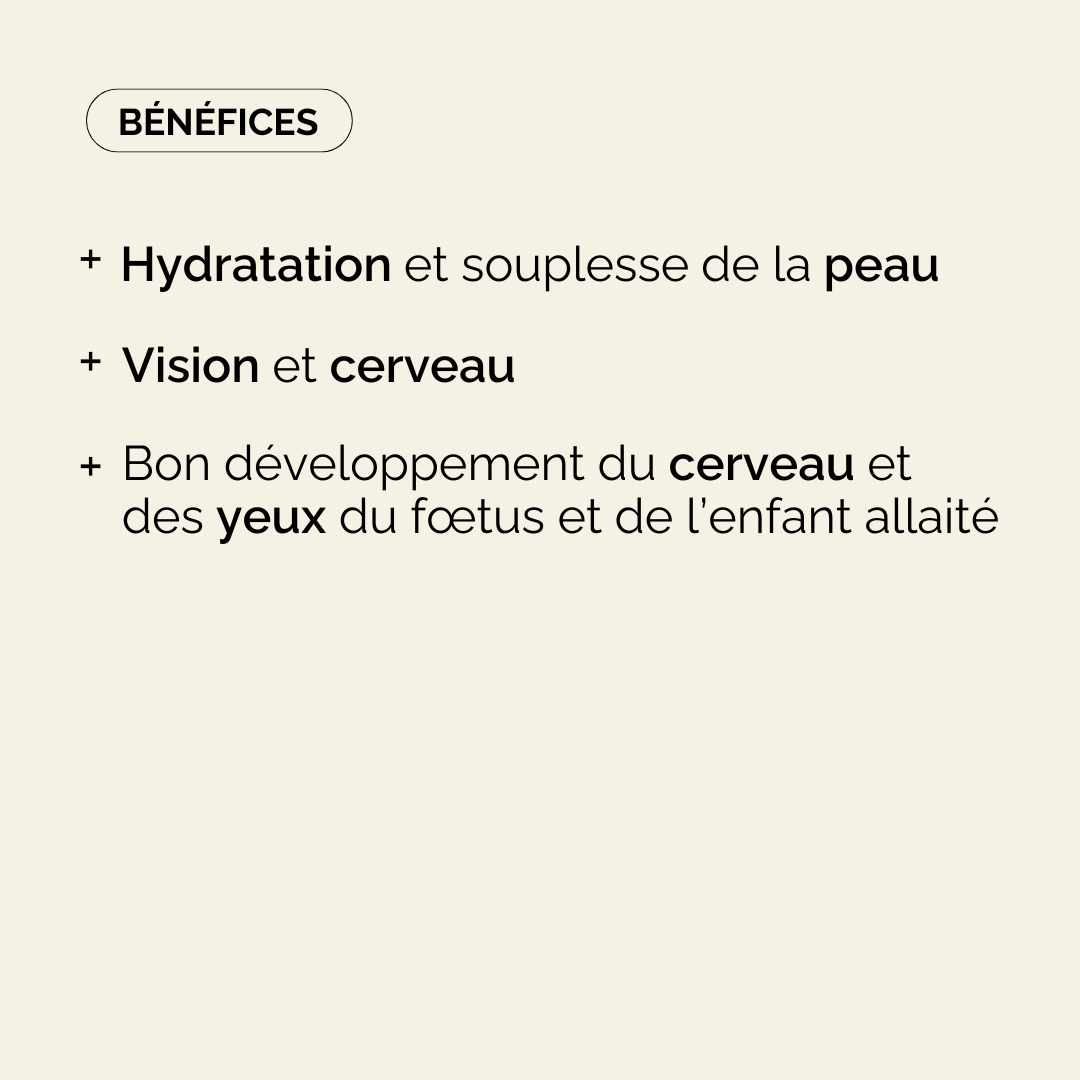
As you probably know, during pregnancy, your body goes through many changes and needs a lot of nutrients. We don't necessarily have enough of them. And sometimes, this nutritional deficiency can lead to pregnancy-related anemia, a common condition among pregnant women. But what exactly is it? Where does it come from, and how can it be avoided? In this article, we'll tell you how to recognize anemia, diagnose it, treat it... And, most importantly, how to prevent it with a varied diet!
What is pregnancy anemia?
Anemia of pregnancy is a condition that often appears towards the end of the second trimester or the beginning of the third trimester of pregnancy. According to the WHO , it affects approximately 37% of pregnant women worldwide.
In cases of anemia, the hemoglobin level in the blood is insufficient to carry the oxygen needed by the pregnant woman's body and that of her baby. Red blood cells, which contain hemoglobin, play an important role in transporting oxygen from the lungs to the organs. Hemoglobin, made of iron, is essential for this process. When you are pregnant, your need for iron, vitamin B12, and folic acid increases considerably to meet the high demands of your body and that of your child.
However, if your diet does not provide sufficient quantities of these nutrients, or if your body cannot absorb them properly, you can develop an iron deficiency, and consequently anemia.
More rarely (but it does happen), anemia can occur following heavy blood loss, such as after childbirth with a risk of hemorrhage, for example.
Symptoms of anemia during pregnancy
Symptoms of anemia in pregnancy can be subtle, and are often confused with typical pregnancy changes. However, if you have anemia and it remains untreated, it can lead to complications for you and your baby. Here are the most common signs:
- persistent fatigue;
- a general weakness;
- frequent dizziness or lightheadedness;
- noticeable pallor of the skin (especially face and hands)
- headaches;
- ringing in the ears;
- an increase in heart rate.
You may also experience shortness of breath, even during light activity. Anemia can also cause significant irritability and difficulty concentrating. In short, a whole host of signs to listen for!
Wondering if you're suffering from an iron deficiency? You might be interested in our article Iron Deficiency: Symptoms, Effects, and Treatment.
Diagnosis of anemia during pregnancy
Pregnancy anemia can be detected in pregnant women through a blood test, particularly a complete blood count (CBC). This measures the level of hemoglobin in red blood cells. If there is:
- less than 11 g/dL in the 1st trimester and 3rd trimester;
- less than 10.5 g/dL in the 2nd trimester…
...Iron deficiency anemia is confirmed. If this is your case, you may be ordered additional blood tests to identify the specific cause, such as:
- ferritin level (to assess iron stores);
- a test to assess vitamin B12 deficiency;
- another to detect a deficiency in vitamin B9 (or folic acid).
In any case, the earlier the diagnosis of anemia is made in a pregnant woman, the more quickly she can benefit from treatment.
How to treat anemia in pregnant women?
Medical approaches to treating anemia of pregnancy
To treat pregnancy-related anemia in pregnant women, doctors often prescribe an iron supplement to increase hemoglobin levels and compensate for folic acid deficiencies. It is best taken in the evening before meals, away from other supplements such as pregnancy vitamins .
If oral supplements aren't enough, your healthcare provider may add iron injections. In cases of severe anemia, blood transfusions may even be considered to quickly stabilize hemoglobin levels.
Prevention and treatment of iron deficiency
But rest assured, iron deficiency is not systematic in pregnant women! And it can also be prevented during pregnancy through a good diet.
To boost your iron and folic acid levels, you can adopt a diet rich in heme iron (= present in animal products), such as:
- red meat;
- the fish;
- poultry.
Are you a vegetarian? Don't panic! You can also prevent iron deficiency with iron-rich foods like:
- lentils;
- spinach;
- egg yolk;
- dried fruits;
- whole grains.
In any case, to promote better iron absorption, try to combine these foods with sources of vitamin C. Conversely, avoid absorption inhibitors during meals (such as tea and coffee).
As you can see, pregnancy anemia remains a recurring condition among pregnant women. But it's not inevitable! It's easily and naturally treated. And you can also easily prevent it by adding foods rich in iron and folic acid to your diet.









